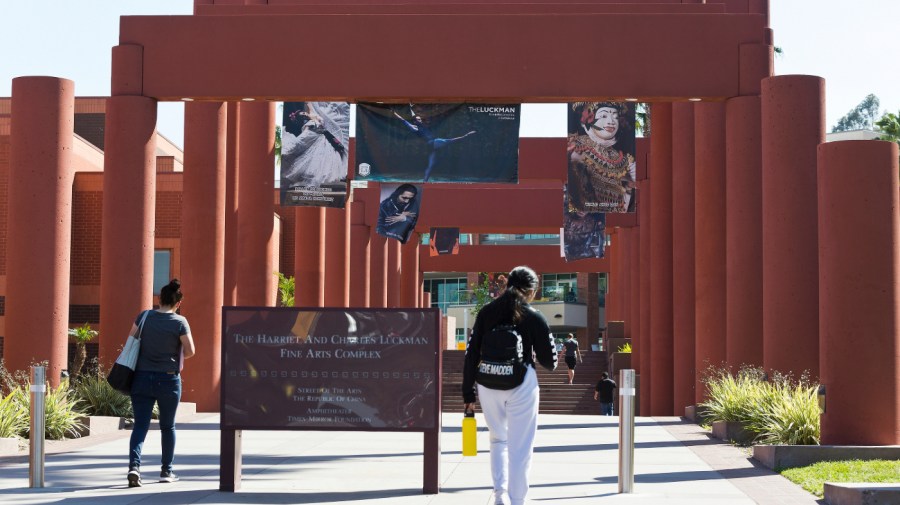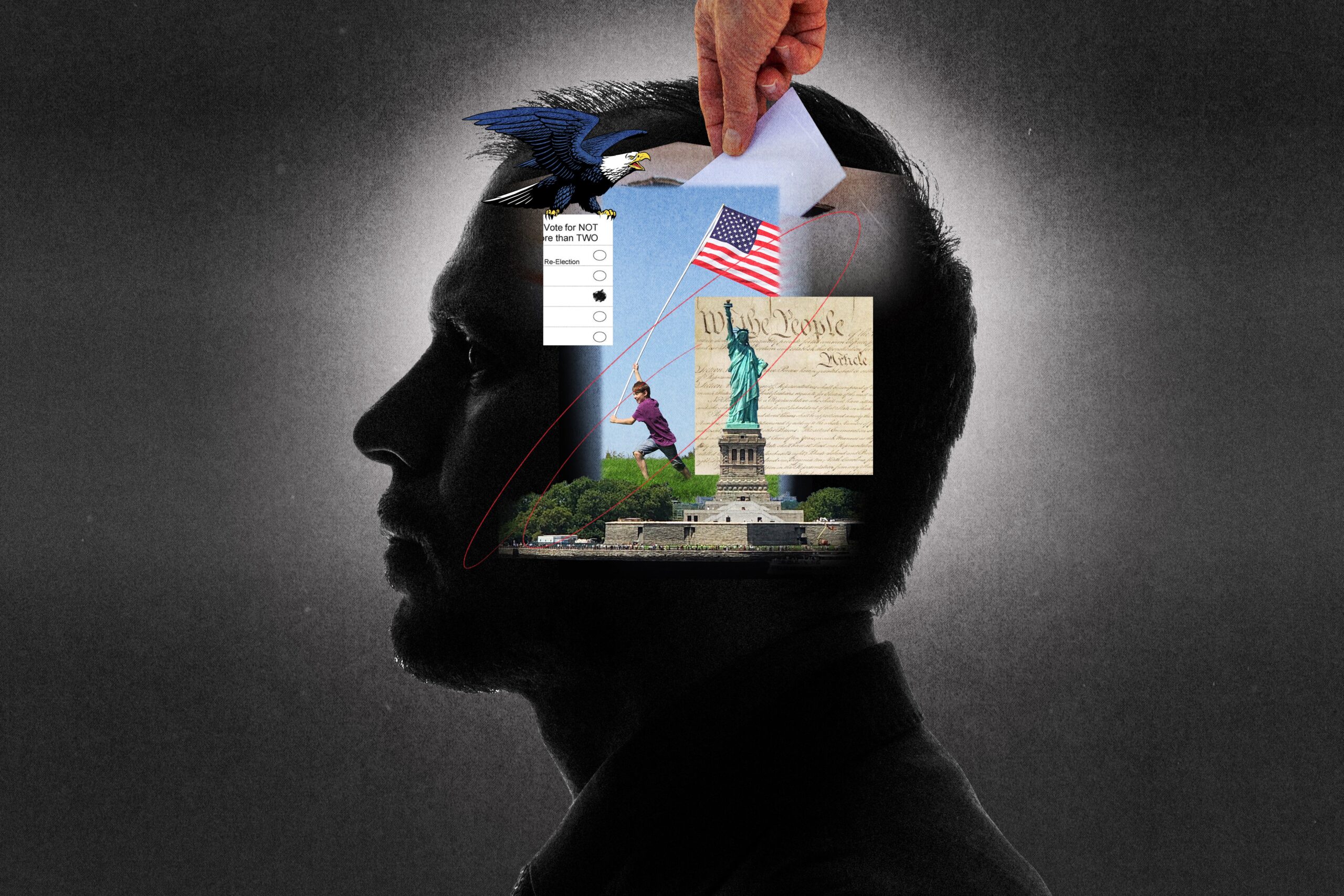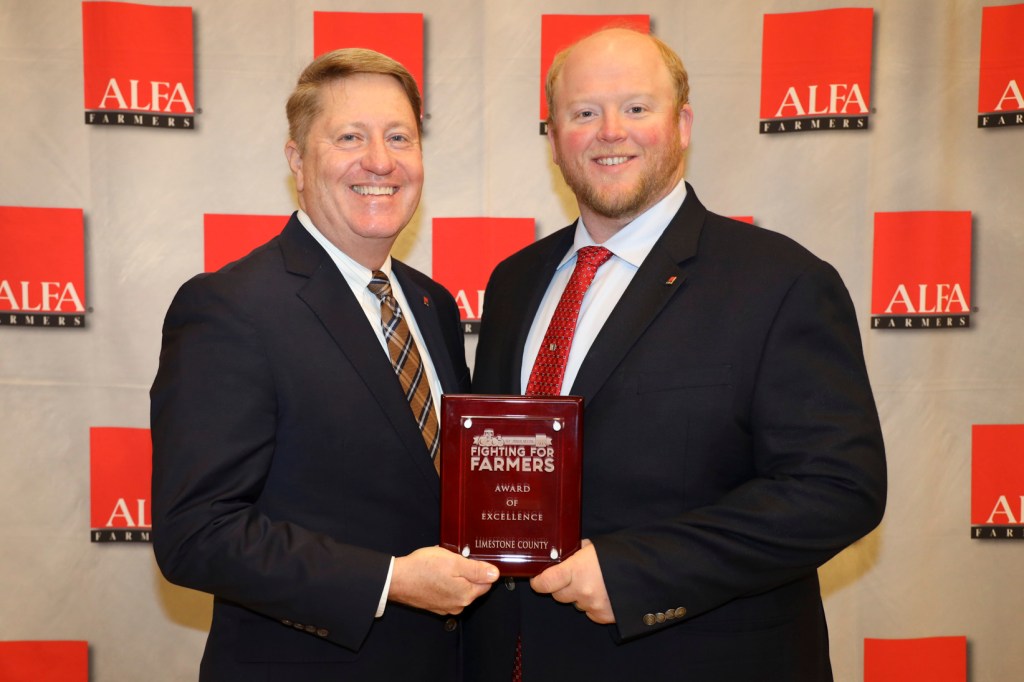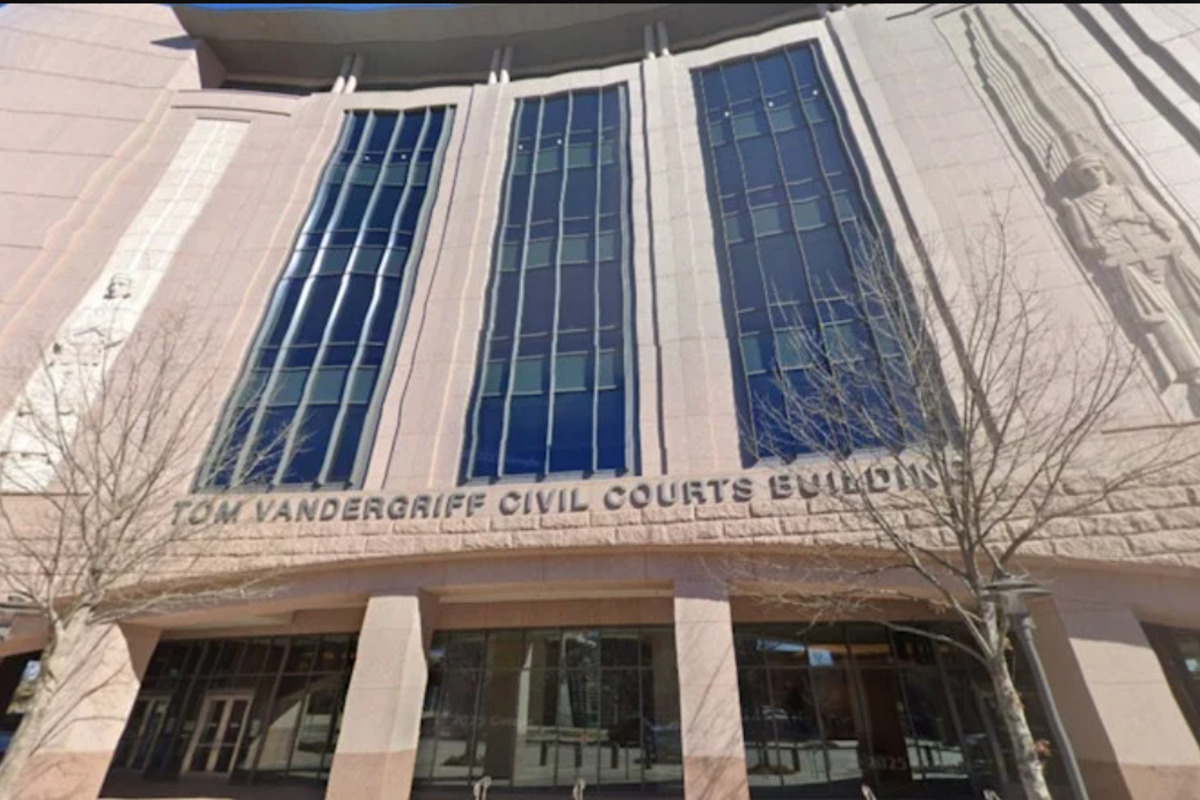Concerns regarding free speech in academia have intensified as professors reportedly influence classroom discussions and social media interactions with their personal opinions. This trend raises significant questions about the suppression of critical discourse among students and educators alike.
The Role of Educators in Free Speech Issues
The issue begins with educators who often express their views in various forums. According to a recent study published in September 2023, when professors prioritize personal opinions over objective teaching, it can discourage students from voicing their thoughts. This environment may inhibit open dialogue, which is essential for a robust educational experience.
In many educational institutions, the classroom is intended to be a space where diverse perspectives can flourish. However, when educators share their opinions too forcefully, it can lead to a chilling effect, where students might hesitate to engage in discussions out of fear of repercussions. The balance between sharing knowledge and imposing beliefs is delicate, and many argue that it is crucial for educators to navigate this carefully.
Impact on Students and Academic Freedom
The implications of this issue extend beyond individual classrooms. A report from the Academic Freedom Association highlights how the suppression of diverse viewpoints can lead to a homogenized thought process among students. This trend not only stifles creativity and critical thinking but also undermines the essence of academic freedom, which is meant to encourage inquiry and debate.
Educators are often seen as role models, and their influence can shape the perspectives of their students. When professors express strong opinions, especially on controversial topics, it may create a dynamic where students feel their contributions are unwelcome. As a result, the academic environment may become less inclusive and less conducive to exploring a variety of ideas.
Critics of this trend emphasize the importance of fostering an environment where students can express dissenting opinions without fear of judgment. They argue that this is essential for preparing students to engage with the complexities of the real world, where diverse perspectives are not only common but necessary.
In the pursuit of academic excellence, institutions must strive to create a culture of open dialogue and respect for differing opinions. This may involve training for educators on how to facilitate discussions that respect all viewpoints while maintaining their own professional integrity.
As debates surrounding free speech in academia continue, it is clear that addressing the opinions of professors and their impact on student discourse will require careful consideration. The objective should be to cultivate a learning environment that encourages critical thinking and robust dialogue, ensuring that all voices are heard and valued.







